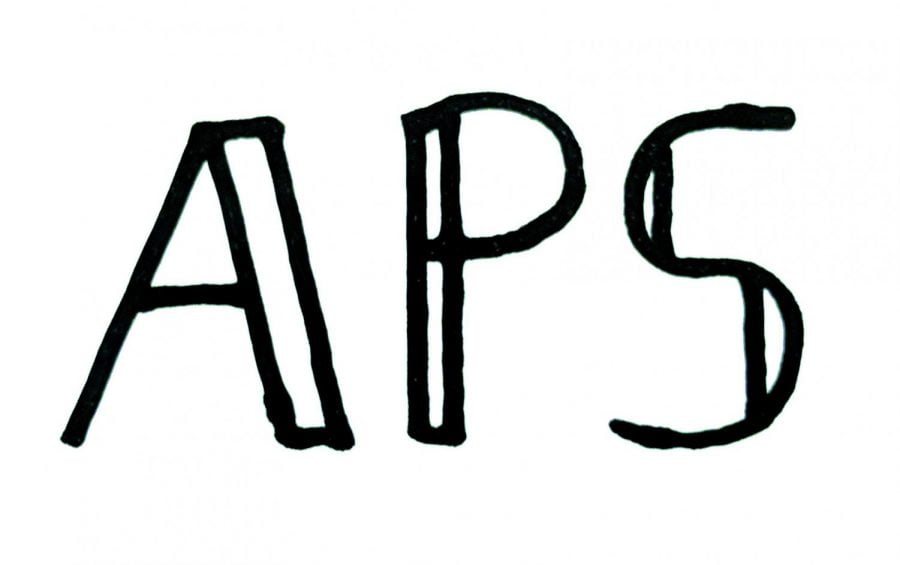Schwartz: RuPaul’s comments on drag are transphobic
March 6, 2018
 Over the weekend, The Guardian published an interview with RuPaul, famed queer icon, drag artist and host of “RuPaul’s Drag Race,” a reality competition television show. RuPaul is known for his attitude of positivity, kindness and inclusion, but reading his words in the article made me incredibly confused and disappointed.
Over the weekend, The Guardian published an interview with RuPaul, famed queer icon, drag artist and host of “RuPaul’s Drag Race,” a reality competition television show. RuPaul is known for his attitude of positivity, kindness and inclusion, but reading his words in the article made me incredibly confused and disappointed.
When asked about his opinions on transgender women who do drag, RuPaul said, “Drag loses its sense of danger and its sense of irony once it’s not men doing it, because at its core it’s a social statement and a big f-you to male-dominated culture.” He later said he would “probably not” let female-identifying individuals compete on “Drag Race” and that, “(having a female body) changes the whole concept of what we’re doing.”
These comments are extremely problematic for both trans folks and for bio-queens (cis women who dress in hyper-feminine drag). They reinforce the gender binary and paint a one-dimensional picture of both cis and trans female experiences. And they invalidate the integral work that trans women have done on “Drag Race” and for the LGBTQ movement at large.
I see drag as a parody of gender. There’s nothing about that definition that inherently excludes a group of people from participating in it, least of all women and trans folks. Drag evolved because queer people needed a way to subvert oppressive structures — just because it has become more popular does not mean we should exclude people from it.
To insinuate, as RuPaul did in a tweet on Monday, that women doing drag have some kind of an unfair advantage is grossly inaccurate. Women cannot all be lumped into one specific body type. They have to work just as hard to achieve hyperfemininity in drag on top of how much society expects them to work to achieve femininity out of drag. And excluding women from “Drag Race” to level the playing field implies that the field was level to begin with. Some queens on the show have had plastic surgery, extensive wardrobes or special training that their fellow competitors did not.
Fans of “Drag Race” don’t watch the show for the competition; we watch it for the moments of triumph, vulnerability, comedy and heartbreak that the contestants go through. We care about a diversity of experience; we want to see people on TV who represent as many aspects of the queer community as possible. And trans queens and bio-queens certainly deserve more representation.
Yes, “Drag Race” is RuPaul’s show, and RuPaul has every right to decide who its contestants are. But the show has become a massive phenomenon, and it has a responsibility to properly represent and advance the LGBT community. But, of course, something tells me it was never RuPaul’s intention to be the face of any movement. A recent New York Times profile described him as belonging, “to a different generation, one that fought so hard for visibility that they feel they’ve earned the right to eschew all political decorum and enjoy the anarchy of reinvention, co-opting and bending language beyond recognition.” RuPaul doesn’t want to be politically correct or abide by any labels, yet his massive platform means he still needs to be held accountable for what he says.
If anything, these comments demonstrate that we need to stop treating RuPaul (or any one person for that matter) as the ultimate authority on drag. I don’t quite think he or his show deserves to be “cancelled,” because his overall attitude of open-mindedness suggests that he might be able to learn and grow from this situation. And “Drag Race” is still an important vehicle for queer representation in the media, having launched the careers of so many drag performers (some of whom do identify as trans women).
RuPaul’s philosophy has always been not to take things so seriously. When it comes to gender and sexuality, that’s a sentiment that we as a society should get behind. Anyone privy to the struggles of queer, trans and gender non-conforming folks can understand that nearly all human beings are oppressed to some degree when they’re sorted into a rigid gender binary. Drag is an inherent mockery of this binary, an attempt to subvert its hegemonic expectations. RuPaul, of all people, should be able to understand that that means acknowledging the validity of drag within non-cis-male communities.
Sasha Velour, winner of season 9 of “RuPaul’s Drag Race,” contends that, “drag is the art form of the queer imagination.” It’s not the art form of the gay imagination, the white imagination or the cis imagination. Calling drag a queer art form acknowledges its inclusiveness of all members of the LGBT community regardless of race, sexual orientation or gender identity. It’s time we embraced the endless possibilities drag offers us as human beings. It’s time we really took RuPaul’s famous lyric: “We’re all born naked and the rest is drag” to heart.
Alex Schwartz is a Medill sophomore. He can be contacted at alexschwartz@u.northwestern.edu. If you would like to respond publicly to this op-ed, send a Letter to the Editor to opinion@dailynorthwestern.com. The views expressed in this piece do not necessarily reflect the views of all staff members of The Daily Northwestern.


